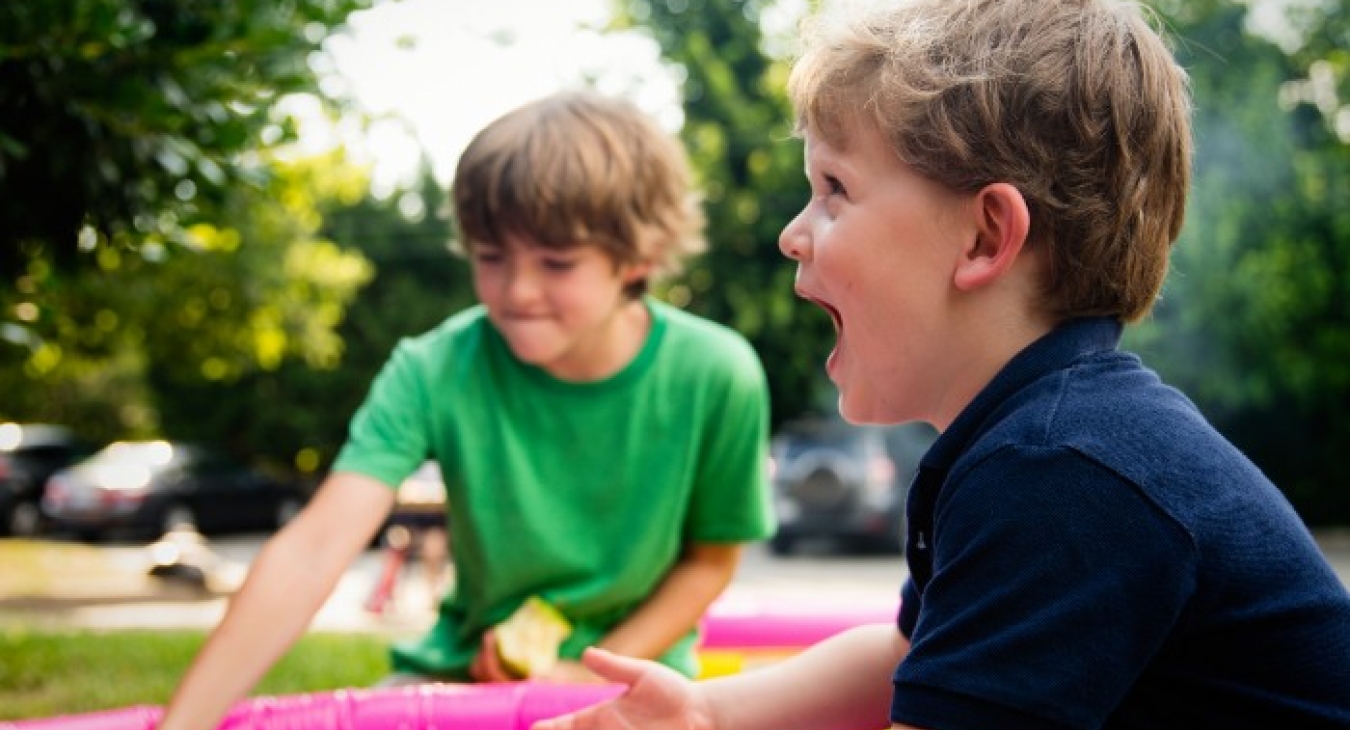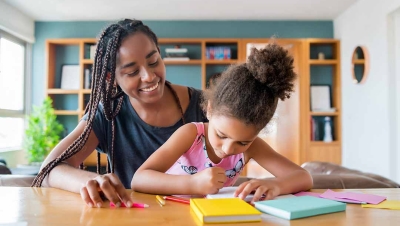Children on a playground
From providing tasty, healthy meals to helping their kids get better when they’re sick, parents are always on the watch, doing their best to teach their little ones how to live fulfilled, happy lives. Naturally, among other things, every parent wishes their child to have playmates whose company they will enjoy.
Playing has incredibly positive effects on memory, social skills, and the ability to learn. However, not all children are equally skilled when it comes to social interactions. Here is what you can do to help your shy little one make friends on the playground.
Observe your child in the recreation area
A process of making friends and enjoying social interactions is a vital part of every childhood. If your child seems to have difficulties with making the initial contact with others, your help and support will be much needed in the process.
Let things develop slowly, and start by just watching how your child behaves and interacts on the playground. Do they seem to like playing on their own, or they look sad and excluded? Which activities do you recognise to be your child’s favourites? How do they react when other children approach them?
Perhaps your child is reluctant to be the one who makes the first contact, but they gladly accept others’ invitations to join the game. If this seems to be the case with your little one, take your time to talk to them about approaching others, and lead by your own example.
Set up a playdate to get the ball rolling
What can you do if your child is quiet and recluse, unwilling to respond to invitations made by other kids? Remember which activities you saw them enjoy doing and set up a playdate with a child with similar interests. One-on-one interactions will be easier for your little one to handle, and similar interests should keep playing entertaining for both children.
As your child gets more accustomed to playing with other kids in this setting, you can start to arrange playdates with two or more children at the same time. Meanwhile, keep taking your child to the playground sometimes, and observe as their behaviour changes in time.
Introduce the three pillars of social interactions
To be able to make friends on the playground, a child must learn how to approach other children, how to speak with them, and how to spark their interest. Your child will need you to be a role model for appropriate behaviour, as children learn most when they observe others in action.
Domywriting reviews contributor Donna Samuels emphasizes that to initiate connections with others we need to master these three pillars of social interactions: politeness, active listening, and empathy. Teach your child what these terms mean, and let them see you make friends by approaching them politely, listening to them attentively, and showing compassion for what they’re feeling.
Watch out for bullying and other incidents
Even when your child gets into an unpleasant situation with their playmate, it doesn’t have to mean it’s a bad thing. Conflicts are bound to happen from time to time, and children must learn that differences in interests or opinions don’t necessarily mean friendships are broken and need to be abandoned.
Nevertheless, whenever your child is interacting with other kids, pay close attention to their behaviour and the behaviour of others. It’s important to remember that conflicts and bullying are not the same things. If you react timely and appropriately, you can save your child a lot of hurting, teaching them which types of behaviour are not positive and acceptable.
Connect with your child and find out about their experiences
At the end of the day, to be sure your efforts help your child become better at making friends take the time to patiently talk to them after every playdate. Ask them about their feelings, opinions, and experiences. Pay close attention to their words and body language, as these indicators will tell you how your mission is going.
NinjaEssays content manager Lisa Frances, a proud mother of three, advises showing understanding and affection during these conversations. Your little one needs your support, and showing them you are there every step of the way will give them the confidence to keep trying.
Even if your child is having troubles with making friends, with your love and assistance they can learn how to create meaningful connections with others. Check out these helpful tips, and let us know how they’ve worked for you and your little one.





